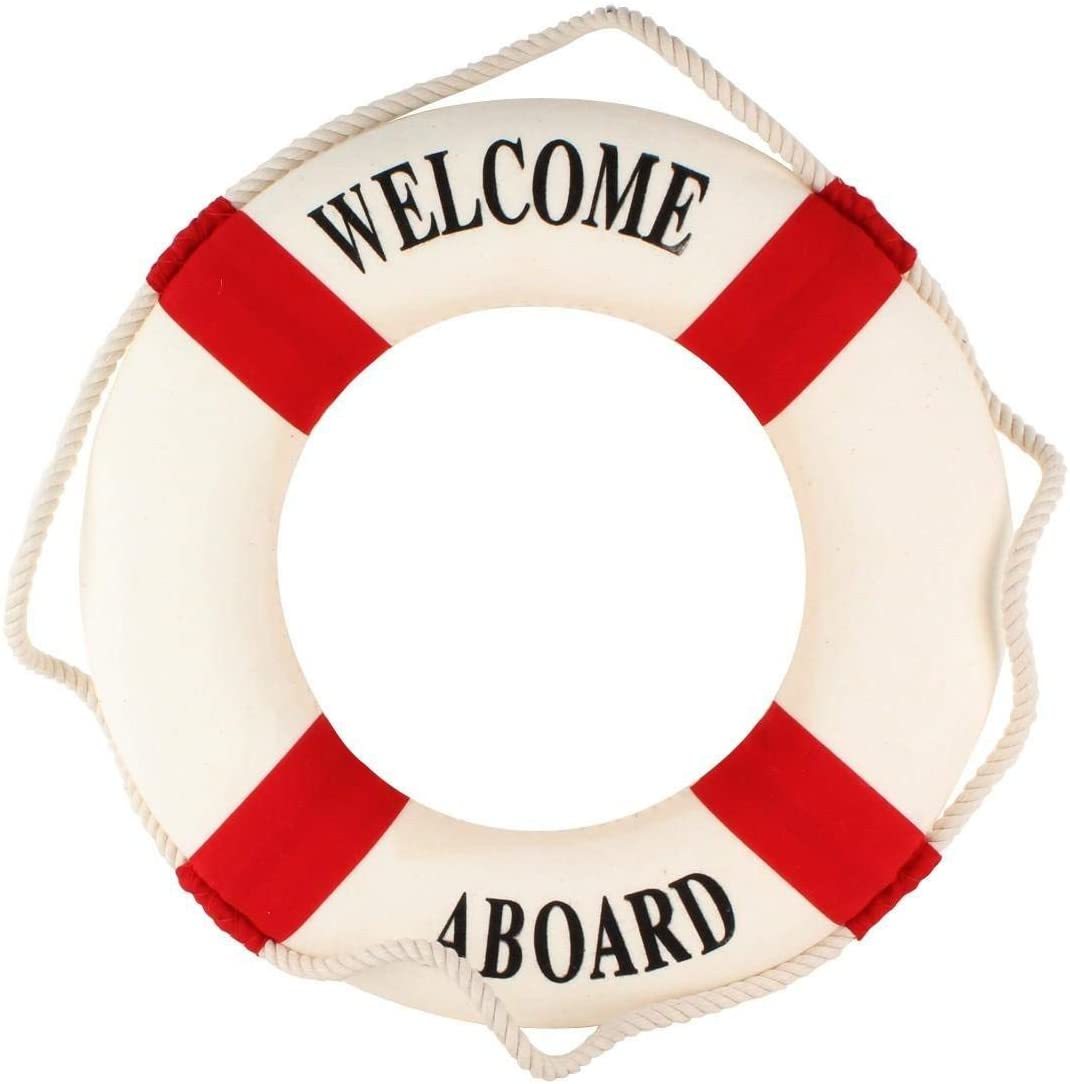Safety at Sea, A Serious Matter

Sailing is a fascinating experience, but safety at sea should never be taken lightly. The natural environment and aquatic surroundings present their own risks, and to fully enjoy this activity, it's essential to prepare properly and follow a series of safety recommendations.
Life Jacket: Your First Ally: It's essential to always wear an appropriate life jacket, even if you're an experienced swimmer. Conditions at sea can change in seconds, and a life jacket can make a difference in unexpected situations.
Pay Attention to the Weather: Before setting sail, check the weather forecast. Stay informed about changes in wind and weather conditions. Forecasts help avoid potential risks and allow for better trip planning.
Avoid Unnecessary Effort: Sailing requires energy and good physical condition. If you're feeling unwell, avoid exerting yourself in ways that could jeopardize your safety or that of others. Respecting your limits is crucial for safe navigation.
Do Not Overload the Boat: Each vessel has a maximum load capacity. Overloading it affects its stability and buoyancy, putting everyone on board at risk. Make sure to respect weight and distribution limits.
Annual Boat Maintenance: An annual minimum maintenance is key to keeping the boat in good condition. Checking the engine, sails, hull, and other components ensures the vessel is in top shape and reduces the risk of accidents.
Learn the Proper Techniques: Attending a sailing school provides essential theoretical and practical knowledge. The sailing, safety, and rescue techniques learned there can make a difference in emergencies.
Get Insured: Join a Sailing Federation: Being part of a federation means having a sailing insurance policy, which is important for covering unforeseen events. This offers peace of mind and protection for you and your companions.
Sail Within Your Abilities: It’s important to be aware of your own skills and experience. Do not venture into conditions you are not prepared for and choose routes that suit your capabilities.
Safety Equipment: Horn or Whistle: A signaling device like a horn or whistle is essential to alert other sailors or request help in emergency situations.
Know How to Rescue a Person Overboard: Knowing the proper technique to rescue someone who falls into the water is vital. Practice this maneuver regularly and ensure everyone on board knows how to execute it correctly.
First Aid: Carry a basic first aid kit and make sure you know how to use it. At sea, access to medical help may not be immediate, so being prepared for emergencies is crucial.
Hypothermia Prevention: Hypothermia can set in quickly in cold environments or following accidental immersion. Knowing the symptoms and how to act can save lives, especially in adverse weather conditions.
Food and Water on Board: Bring non-perishable food and enough drinking water to cover potential needs. At sea, conditions may delay your return, so it’s important to have adequate supplies.
Buoyancy and Stability: Understand how your boat behaves and its buoyancy. Knowing how it reacts under different conditions helps maintain stability and reduces the risk of capsizing or accidents.
Sun Protection: The sun at sea is more intense due to the reflection of light on the water. Use sunscreen, sunglasses, and appropriate clothing to avoid sunburn and heatstroke.
Sports Sailing: Safety and Fun: Sports sailing is an exciting recreational activity. However, it’s important to always prioritize safety by following all the recommendations.
Ask for Help and Advice: Never hesitate to ask for help or advice if needed. In the nautical world, prudence and preparation are key to ensuring safety and enjoying sailing without incidents.
Safety at sea is a shared responsibility. Following these recommendations not only protects those on board but also other sailors.


